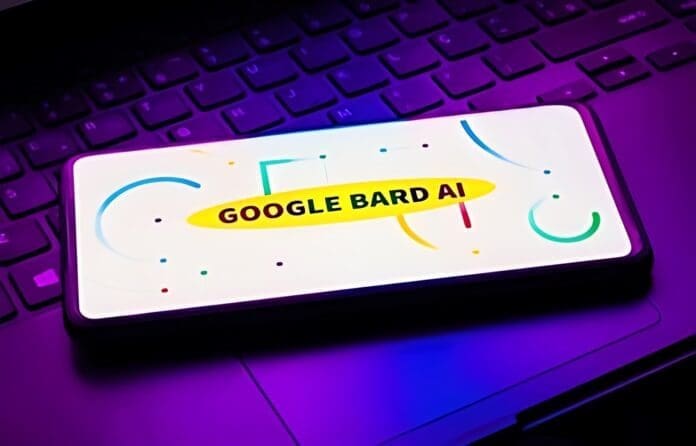In the wake of the “2024 US Presidential election“, Alphabet’s (GOOGL.O) Google announced on Tuesday that it would limit the kinds of election-related queries that its search generative experience and chatbot Bard can respond to. According to the company, the restrictions will be implemented in early 2024.
Countless historic elections are anticipated in 2024, not only in the United States but also in South Africa and India, the two biggest democracies in the world. In its pursuit of serving voters and campaigns connected to these elections, the tech giant announced that it would “work with an increased focus on the role artificial intelligence (AI) might play” better.

In November, Meta (META.O), the owner of Facebook, announced that it is excluding advertisers in regulated industries and political campaigns from utilizing its “new generative AI advertising tools.” Advertisers on Meta must also be transparent when they use digital methods, such as artificial intelligence (AI), to modify or create ads on Facebook and Instagram related to politics, social issues, or elections.

However, in August, Elon Musk’s X social media platform—currently under investigation by the EU—announced that it would permit political advertisements in the US from candidates and parties. In the run-up to the American election, it will also bolster its electoral and safety teams. Since 2019, all political ads on X have been banned worldwide. Concerned about potential dangers like the spread of disinformation, governments worldwide have been clamoring to regulate AI.




